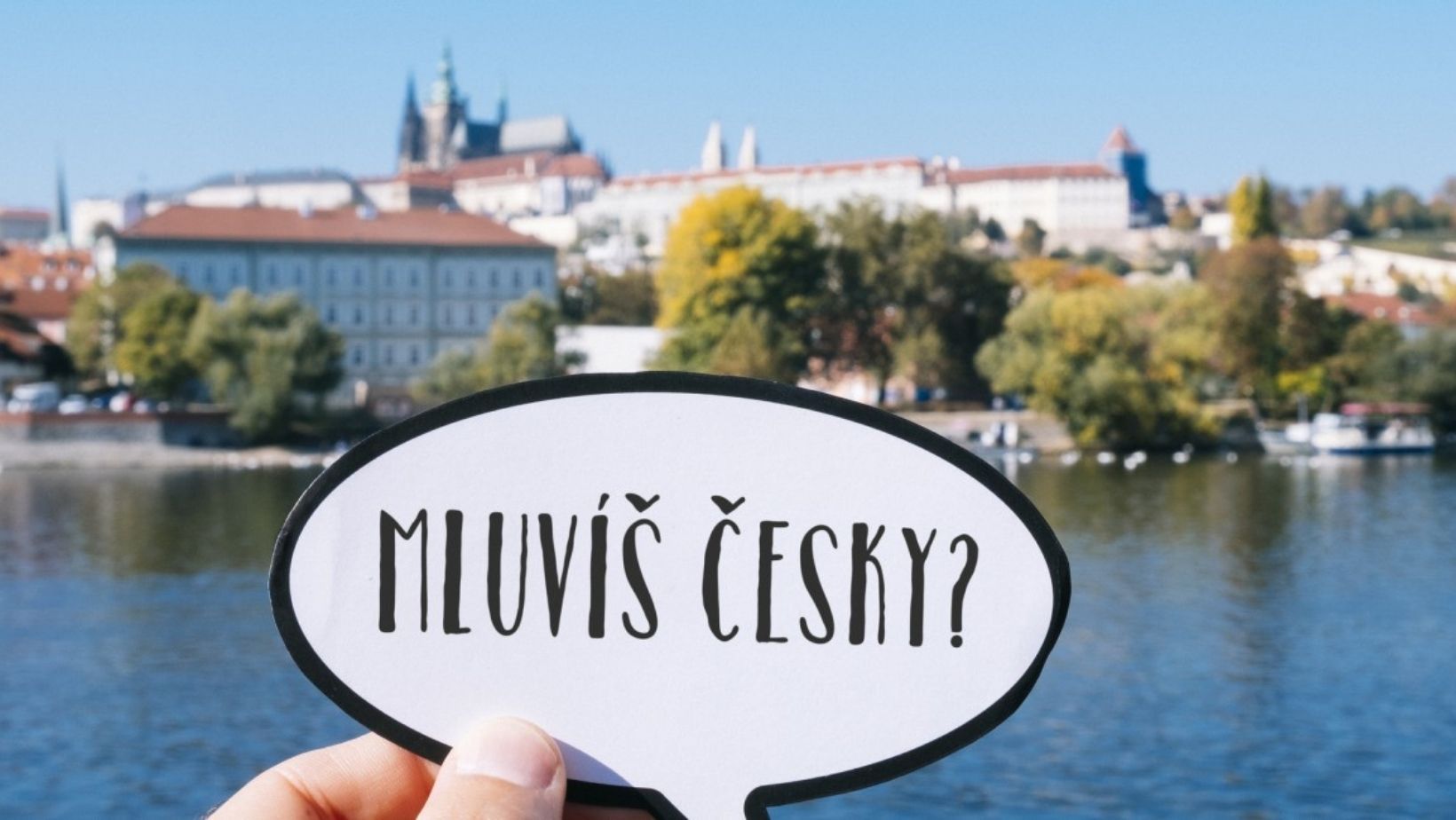Article by Language Atelier, a language school in Prague.
The Foreign Service Institute, or FSI, is an American government agency tasked with teaching foreign languages to US diplomats serving in foreign missions.
They teach a wide range of languages and have divided their list into four groups based on how long they believe it would take to learn each one.
The FSI teaches languages in an intense classroom environment, where a teacher or tutor works with a group of 5-10 students to achieve high levels of fluency in the language. Having said that, we can use FSI’s numbers to get a rough idea of how complicated the language is. This is how the FSI rating system’s classes look.
For a typical English-speaking student, Group One languages take between 5-600 hours in the classroom. French, Spanish, Norwegian, Dutch, and other languages that are similar to English are classified as category one languages.
Languages like Swahili, Indonesian, and even German, are included in group two. It is predicted that learning these would take 900 hours in the classroom.
Students in the third tier, which includes Czech as well as Thai, Hindi, Finnish, and Russian, will require approximately 1100 classroom hours to achieve the high level of professional proficiency that FSI seeks. Finally, there’s group 4, which includes Mandarin Chinese, Korean, Arabic, and Japanese, among other languages. According to FSI, learning these takes a whopping 2200 hours.
But, to return to Czech, it takes 1100 hours to learn the language, which is about twice as long as learning a language like French. (However, it is just half as long as Arabic.) That’s a significant amount of time. (If you put in an hour a day, it will take you about three years.)
However, it is unlikely to apply to you because your end target and approach would vary from those used by FSI. However, it does give us an indication of where the Czech language ranks in terms of difficulty.
Let’s see now what you could find difficult if you’re learning Czech.
Declension
A complex system of case endings for nouns is used in all North Slavic languages (languages that form a dialectal continuum ranging from Czech and Polish in the west to Russian in the east). The grammatical role of the noun is described by these endings (which would be specified by a preposition in English).
For example, in Czech, “a book” is “kniha,” but “of a book” is “knihy,” “to a book” is “knize,” and so on. If all nouns were declined in the same way, it wouldn’t be so bad. Unfortunately, there are over 16 different patterns (paradigms) for Czech declension, each with seven singular forms and seven plural forms.
Conjugation
Czech verbs are conjugated according to number and person. In English, you only have to remember to add an “s” in the third person singular (and not to change the verb at all for modal verbs), and that’s basically it (with the exception of “to be”).
The good news is that the Czech tense system isn’t too complicated: you won’t have to learn different endings for imperfect, subjunctive, and other tenses as you would in a Romance language.
Irregularity and stem changes
Even if you know what declension class a noun belongs to, mechanically declining it can be difficult at times. Why? Because many nouns are irregular. Fortunately, there aren’t many of them.
However, in Czech, there is a clear tendency to avoid such letter classes, resulting in changes not only in noun endings but also in the stem itself.
Other difficulties
Other factors contribute to Czech being “unnecessarily” difficult. Each noun, for example, has at least two diminutive forms (expressing different degrees of smallness/cuteness). This wouldn’t be so bad if diminutive suffixes like -ka, -ko, -ek, -k, -inka, -enka, -eka, -ika, -ul-, -unka, -ek, -nek weren’t so numerous. Unfortunately, you have to remember the correct suffixes for each noun.
Also, some nouns in Czech exist only in the plural form, even though they can express also the singular (like “clothes” in English). This can be very confusing sometimes because many of these also have a singular that has a different meaning.
As you’ve probably gathered from this post, learning Czech isn’t something you can do in a weekend, and it’s also not easy. But it’s not so much grammar, pronunciation, or vocabulary that causes language difficulty. It’s all about determination, perseverance, and consistency.
You must be committed to learning Czech for the long term. The results will not be available today, tomorrow, or next month. But if you keep at it, you’ll eventually be able to call yourself fluent in Czech!
Support Prague Morning!
We are proud to provide our readers from around the world with independent, and unbiased news for free.
Our dedicated team supports the local community, foreign residents and visitors of all nationalities through our website, social media and newsletter.
We appreciate that not everyone can afford to pay for our services but if you are able to, we ask you to support Prague Morning by making a contribution – no matter how small 🙂 .




